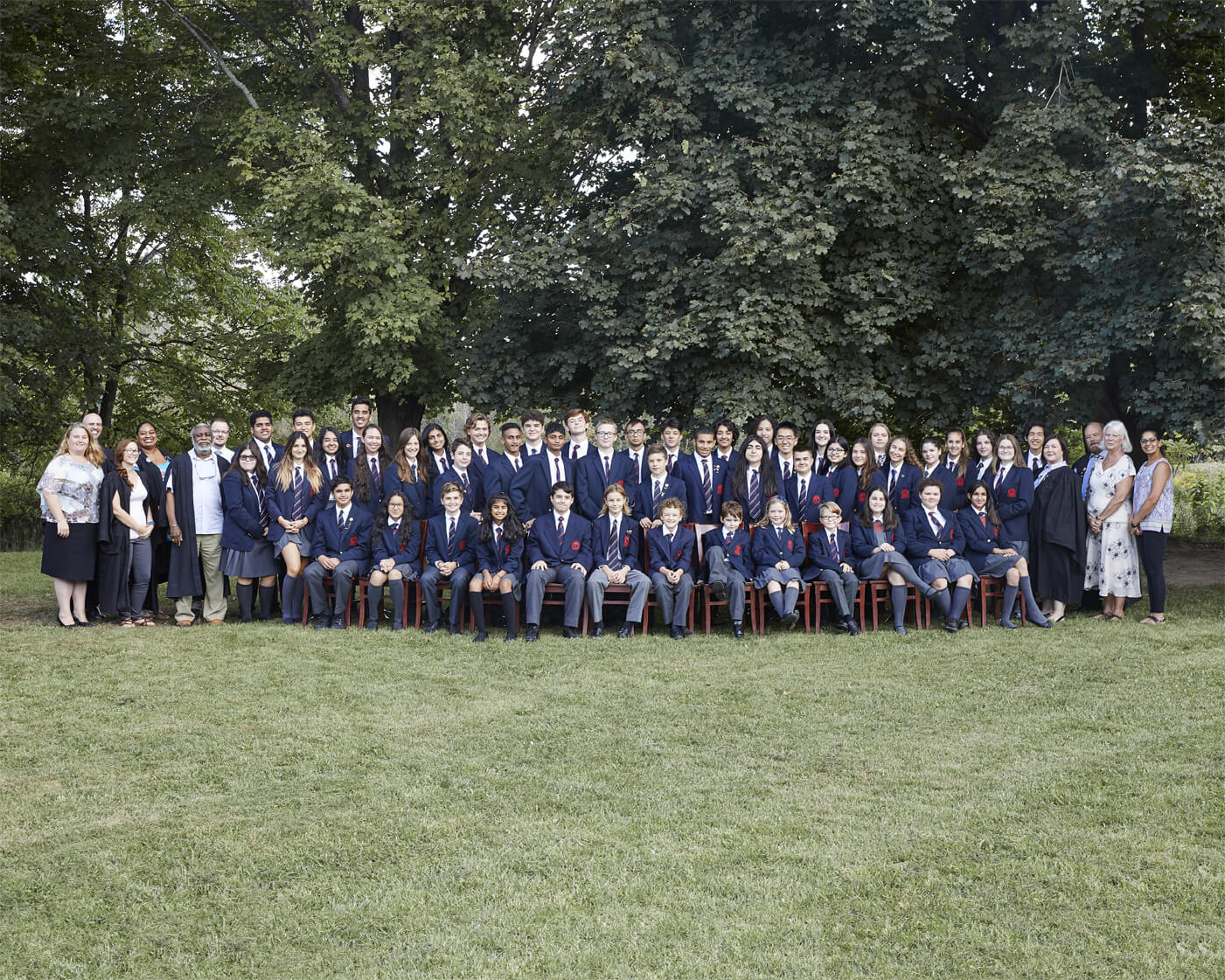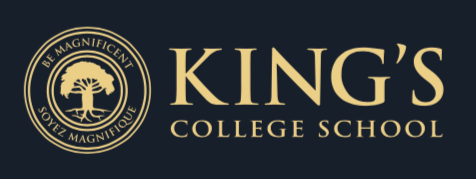
At King’s College, a cornerstone of our educational philosophy is the belief in the profound impact of smaller class sizes on the learning experience. This approach is not merely a preference but a pedagogically driven decision supported by extensive research and educational theory. In a world where education is increasingly recognized as the most significant investment in our future, King’s College is committed to providing an environment where students are not just numbers but individuals with unique potentials and needs.
Benefits of Smaller Class Sizes
1. Enhanced Individual Attention
The model of smaller class sizes at King’s College is predicated on the principle of enhanced individual attention. In such an environment, educators are not overstretched, ensuring each student receives the attention and guidance they deserve. This tailored approach allows for a deeper understanding of each student’s learning style, strengths, and areas for improvement, enabling personalized teaching strategies that cater to the individual rather than the masses. This approach’s impact is evident in our students’ heightened academic achievements and personal growth, affirming the belief that students thrive when teachers can connect individually.
- Personalized Learning Plans: Tailoring instruction to fit each student’s unique learning style and pace.
- Immediate Feedback: Teachers can provide on-the-spot guidance and support, helping students correct mistakes and deepen understanding in real time.
- Stronger Student-Teacher Relationships: Smaller classes allow for the development of meaningful connections, fostering a supportive and nurturing learning environment.
2. Fostering Engagement and Participation
At King’s College, the intimate class setting cultivates community and belonging among students, encouraging active participation and engagement. Smaller classes break down the barriers of anonymity and foster an environment where students feel seen and heard. This encourages them to contribute ideas, ask questions, and engage in meaningful discussions. The result is a vibrant and interactive classroom atmosphere where learning is dynamic and participatory. Beyond improving academic performance, this engagement is crucial for developing critical thinking skills, confidence, and a love for learning that extends beyond the classroom walls.
- Increased Participation: Students have more opportunities to speak up and engage in class discussions, promoting active learning.
- Sense of Community: Small class sizes foster a tight-knit community where students feel valued and included.
- Confidence Building: Students are more likely to take risks and express their ideas in a supportive setting, enhancing their self-esteem and public speaking skills.
3. Improved Academic Performance
King’s College’s dedication to maintaining smaller class sizes correlates with enhanced academic outcomes. The focused attention and tailored instruction possible in such settings significantly elevate student performance across various subjects.
- Higher Test Scores: Students consistently achieve higher scores on standardized tests, a testament to the efficacy of personalized teaching strategies.
- Deepened Understanding: The ability to dive deeper into subjects, fostering a more comprehensive grasp of the material.
- Enhanced Learning Environment: Reduced distractions and more coherent, focused class discussions contribute to a more effective learning experience.
4. Increased Teacher Satisfaction
At King’s College, the advantages of smaller class sizes extend to educators, reflecting positively on their professional satisfaction and teaching quality.
- More Meaningful Interactions: Teachers can engage more deeply with each student, making their teaching more impactful and rewarding.
- Reduced Burnout: Managing fewer students and maintaining a less chaotic classroom environment diminishes stress and professional burnout.
- Professional Development: Smaller classes allow teachers to experiment with and refine innovative teaching methods, contributing to their professional growth.
5. Long-term Benefits
The impact of smaller class sizes at King’s College isn’t transient; it extends far beyond the classroom, profoundly shaping students’ futures.
- Higher Graduation Rates: Students are more likely to complete their education, including secondary and tertiary levels.
- College and Career Readiness: Early academic successes in smaller classes build a foundation for future achievements in higher education and beyond.
- Socioeconomic Advantages: The skills, confidence, and academic prowess nurtured in smaller classes equip students to navigate and succeed in an increasingly competitive world.
Challenges and Solutions in Implementing Smaller Class Sizes
While the advantages of smaller class sizes are well-documented, implementing this approach on a broad scale presents logistical and financial challenges. However, institutions like King’s College have navigated these obstacles effectively with thoughtful strategies and a commitment to educational excellence. This detailed exploration sheds light on common challenges and presents viable solutions, underscoring the institution’s dedication to maximizing the benefits of smaller class sizes.
Financial and Logistical Challenges
- Increased Operational Costs: The commitment to smaller class sizes at King’s College necessitates additional faculty and potentially more classroom space, elevating operational expenses. This approach, aimed at fostering fewer students per class, directly impacts the average class size, making the benefits of a smaller classroom setting more attainable but at a financial premium.
- Teacher Availability: The quest for small class sizes in both primary grades and among high school students hinges on the availability of qualified teachers. Specialized subjects, in particular, present a recruitment challenge, underscoring the need for strategic class size reduction efforts without diluting the quality of public schools.
- Infrastructure Constraints: Expanding the physical infrastructure to accommodate smaller classes poses a significant hurdle. King’s College’s innovative use of space reflects a pragmatic response to large classes, ensuring that students and teachers can thrive in learning environments conducive to student engagement and student outcomes.
Innovative Solutions at King’s College
King’s College has pioneered several approaches to overcome these hurdles, ensuring that the benefits of smaller class sizes can be realized without compromising on quality.
- Strategic Investment in Teaching Staff: By prioritizing the allocation of resources towards hiring and retaining teachers capable of nurturing students in small classes, King’s College enhances student achievement. This investment is supported by creative financial strategies, including fundraising and reallocating funds from non-essential areas, to maintain an average class size that promotes individual attention and student engagement.
- Leveraging Technology: To mitigate large class challenges and space limitations, King’s College embraces technology. Blended learning models serve as a bridge, allowing for personalized attention within larger classes and ensuring that students receive the benefits of small class sizes through online instruction and digital platforms.
- Modular Classroom Spaces: The adaptive use of modular or shared classroom spaces exemplifies King’s College’s agility in reducing class sizes. Such flexibility in classroom design supports the common sense approach of small class size benefits, enabling effective instruction without extensive infrastructure overhauls.
- Targeted Class Size Reductions: Acknowledging the positive impact of smaller class sizes on bridging the achievement gap, especially in the early grades, King’s College applies a focused strategy. This targeted approach ensures that resources are utilized where they can have the greatest effect, embodying the principle that class size matters in educational outcomes.
Embracing Smaller Class Sizes at King’s College
King’s College’s journey toward small class sizes is marked by a strategic balance between student achievement and operational practicality. The positive impacts of such an educational model are clear: enhanced student behavior, higher grades, and more opportunities for students to participate and receive individual attention. These efforts reflect a holistic commitment to educational excellence, preparing students not only for academic success but for lifelong achievement and fulfillment. Through innovative solutions and a commitment to smaller class sizes, King’s College sets a standard for schools aiming to optimize learning environments for the benefit of students, teachers, and the broader educational community.



